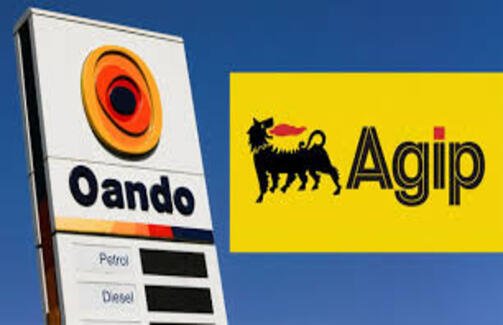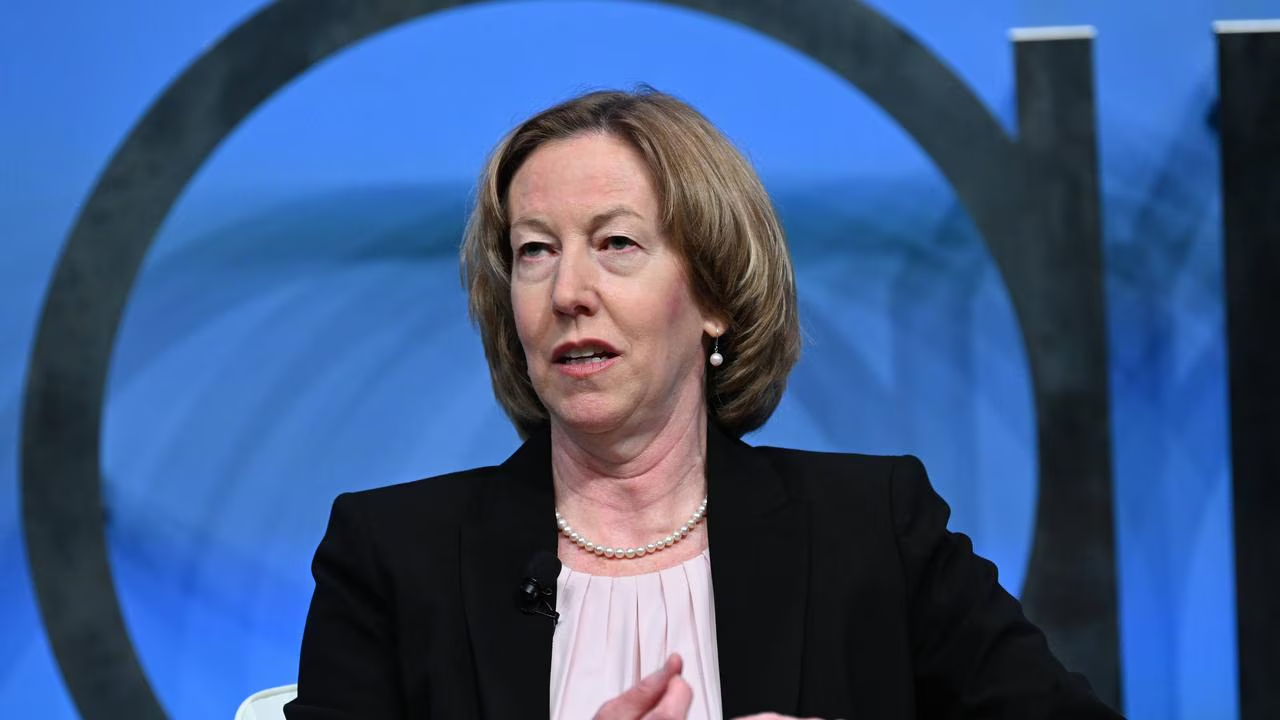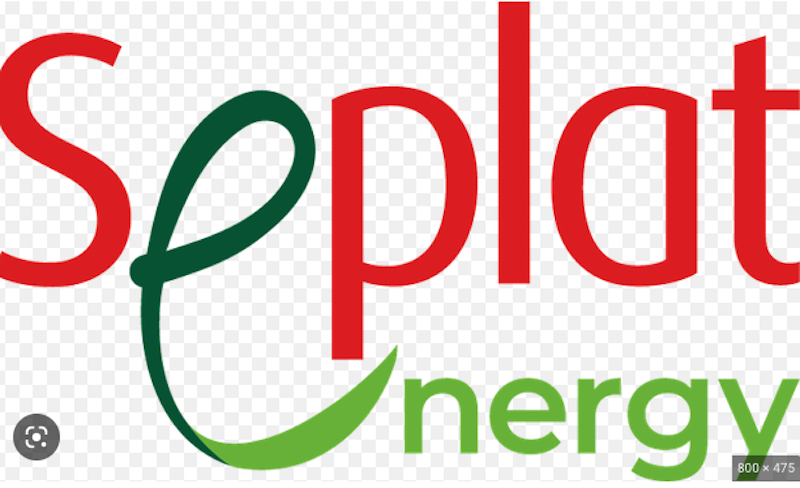Oando PLC, Nigeria’s leading indigenous energy company, has announced a delay in the publication of its 2024 audited financial statements, citing complexities stemming from its acquisition of Nigeria Agip Oil Company (NAOC) and new regulatory requirements on internal controls.
The company, dual-listed on the Nigerian Exchange and Johannesburg Stock Exchange, missed the March 31 deadline for filing its accounts and now expects to complete the audit by May 30.
In a statement released on Thursday, Oando pointed to the need to consolidate NAOC—now rebranded as Oando Energy Resources Nigeria Limited (OERNL)—into its group financials as a major cause of the delay. The process, it said, has been slowed by ongoing efforts to harmonise accounting systems and policies, as well as pending financial data from Italian oil major ENI, the seller of NAOC.
The acquisition, finalized last year, marks a significant expansion of Oando’s upstream portfolio and its transition into a dominant player in Nigeria’s oil and gas sector. However, the financial integration has proven more time-consuming than anticipated. “Significant progress has been made,” the company said, but emphasized that the audit could not be finalized until the full impact of the NAOC acquisition is reflected in the group’s financials.
New Regulatory Requirements Add Complexity
Compounding the delay are new internal control requirements issued in mid-2024 by the Financial Reporting Council of Nigeria. The revised framework expands the definition of public interest entities (PIEs) to include government licensees and firms with revenues exceeding ₦30 billion. As a result, Oando subsidiaries—most notably OERNL—must undergo additional financial scrutiny, including formal attestations from senior executives and external auditors.
“The ICFR process, including attestations by the Group Chief Executive and Group Chief Financial Officer, will not be completed until the end of March 2025,” the statement said.
The delay highlights the growing regulatory burden facing large corporates in Nigeria, particularly those undergoing significant structural changes or mergers. It also raises questions about post-acquisition integration planning at a time when indigenous energy companies are assuming a larger role in Nigeria’s oil sector, following divestments by international oil companies.
Oando stressed that it remains in “continuous dialogue with regulators” and is working closely with its auditors to prevent further delays. The company apologized to shareholders and reiterated its commitment to transparency and compliance.
Investors and analysts are likely to watch closely for the delayed results, which will offer the first detailed view into how the NAOC acquisition has reshaped Oando’s balance sheet and future prospects.

























